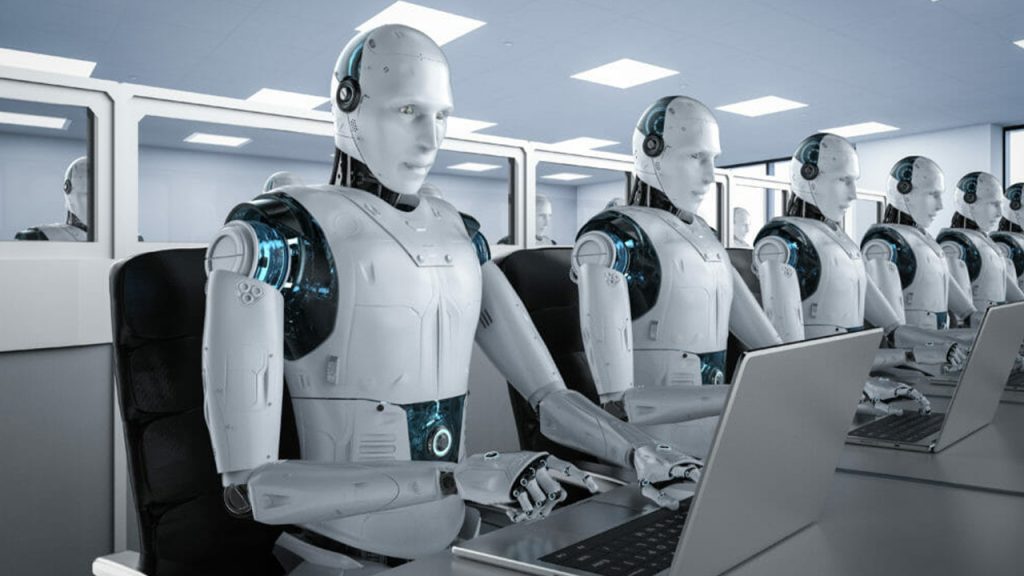“Artificial intelligence will take our jobs!” You have probably heard this sentence at least once in your life. While the developments in the technology era we are in are the biggest basis of this fear, the developments that have taken place in the last year have turned these worries into reality. Unfortunately, with the rising AI trend, some occupations are starting to be forgotten. My job is at the forefront of these. It seems that Google wants to take the job of writing articles from journalists with the AI tool called ‘Genesis’. Here are the details…
Could Google Genesis AI Tool Replace Journalists?
Competition in artificial intelligence technologies is increasing at a rapid pace. Google, which experienced a sudden shock in the artificial intelligence race with the release of ChatGPT and fell behind, has closed the gap. The company, which recently came to our attention with the Bard 2.0 version, now wants to spread its technology to other areas. For example, Google wants to use AI technology for diagnosis thanks to the hospitals it has recently signed agreements with. However, the technology giant’s plans are not limited to the healthcare sector. The company wants to make fundamental changes in the media with ‘Genesis’.

The latest reports shows that media bosses from The New York Times, The Washington Post, and News Corp have been shown Google’s new tool, Genesis. The company has said that Genesis is not intended to replace journalists, but rather to help them be more efficient and productive. However, some critics have argued that the tool could lead to the deskilling of journalists and the spread of misinformation. Moreover, that’s not the only problem.
Also, AI may not be as smart as we think, despite what its name suggests. Sure, it can write text quickly, something that might take a group of people a long time. But, AI can’t truly think like us humans. It checks facts using its own stored data and the internet, and so can be tricked into believing false information. For instance, with a convincing argument, you might get an AI to believe 2+2 equals 5. If this is used in an article, it could spread incorrect information.
There are already examples of AI-generated news articles that have been inaccurate or misleading. However, it is important to note that these tools are still in their early stages of development. It is possible that as they become more sophisticated, they will be able to produce more accurate and reliable content. Ultimately, the impact of Genesis on the journalism industry remains to be seen. However, it is important to be aware of the potential risks and benefits of this technology before it is widely adopted.
RELATED:
- OPPO Reno10 vs OPPO Reno10 Pro: Specs Comparison
- Google Meet is testing AI-generated backgrounds for video calls
- Google Bard 2.0: The AI Chatbot That’s Getting Smarter and More Useful, and It’s Free
- Google starts beta testing for enhanced Pixel Call Screen with conversational AI
- Windows Copilot: The AI Assistant That’s Changing the Way We Use Our Computers






